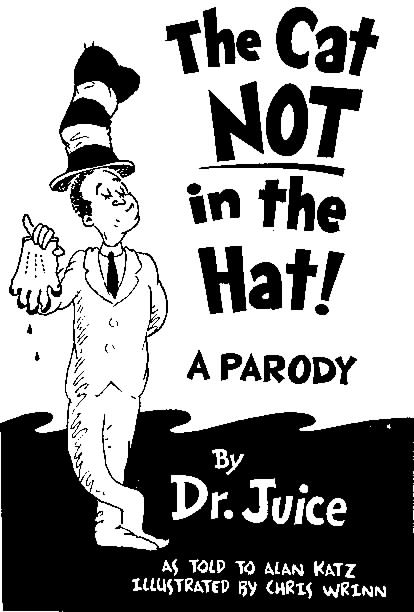It’s pretty hard to plagiarize. Really it is. Just as much work goes into stealing another person’s ideas as formulating and expressing your own. And even if you plagiarize, it will probably come out all wrong. I mean, look at this:
Piracy in our day serves nothing more than to undercut the academic community; it is an evil threatening not just the victim, the writer, but too the victimizer. For, though any expert man can judge by himself, or by indeed the general counsel of others, it is better to by labors intuitive to come to the conclusion. The work of others should be used only sparingly. The most of our literature should be meant for discussion; they should tasted, chewed, but not swallowed. To swallow would be a terrible avarice, consumption wholly of another. It may be fine, very so, to take from others and learn from them or with them, but to take in so entirely as to forget to whom it owes, would be a grave sin.
Do you see this? Awful. Truly it is. What the h am I trying to say? Am I even saying anything? Can you hear me?
